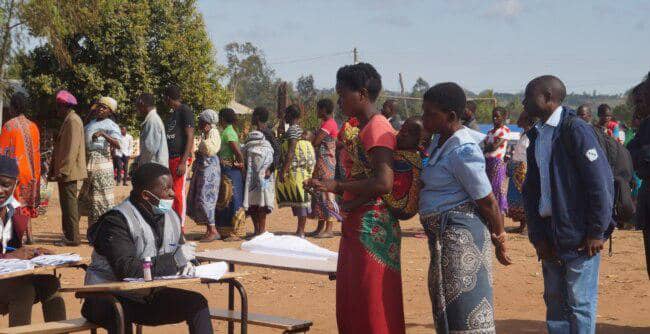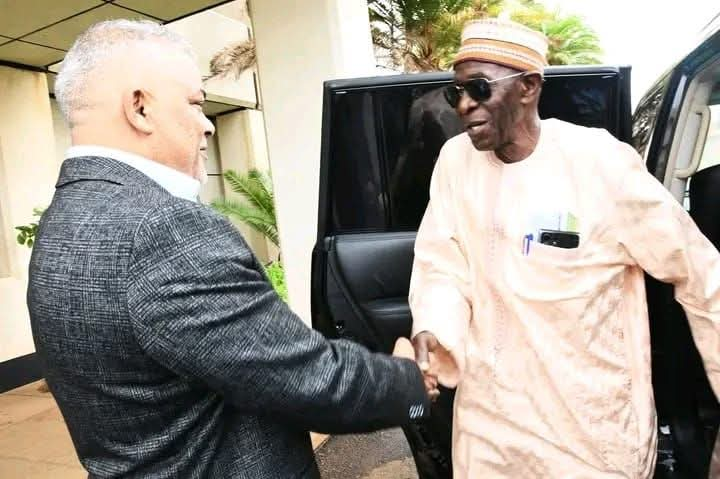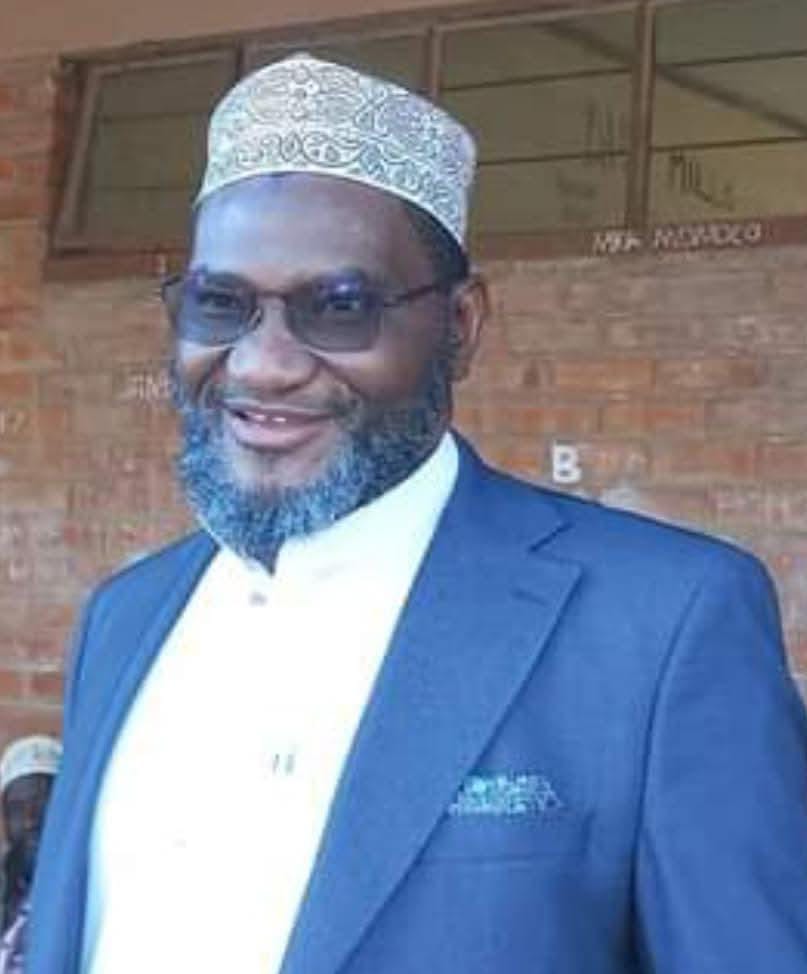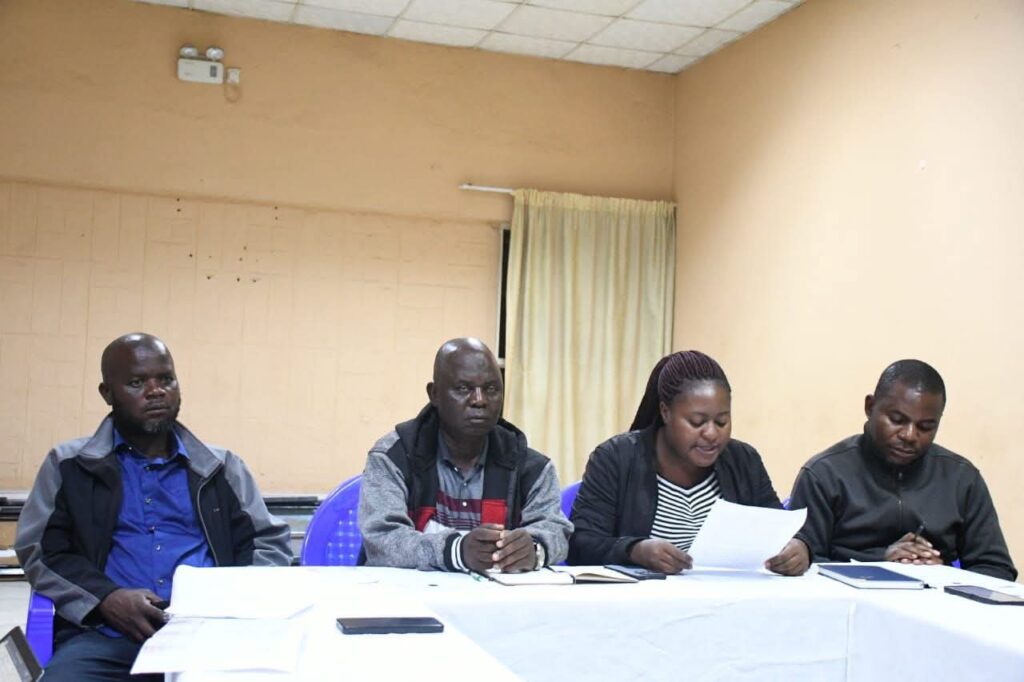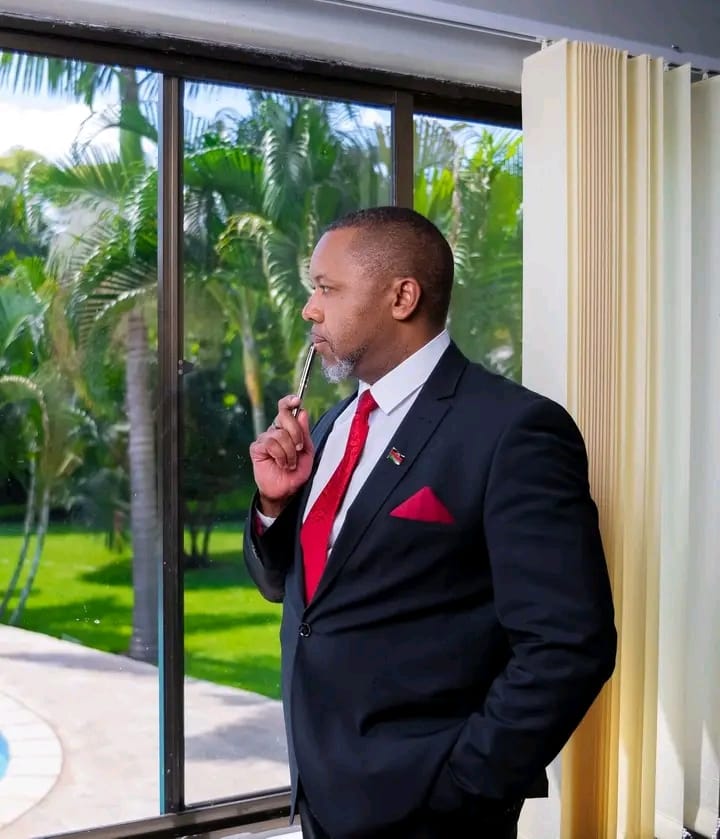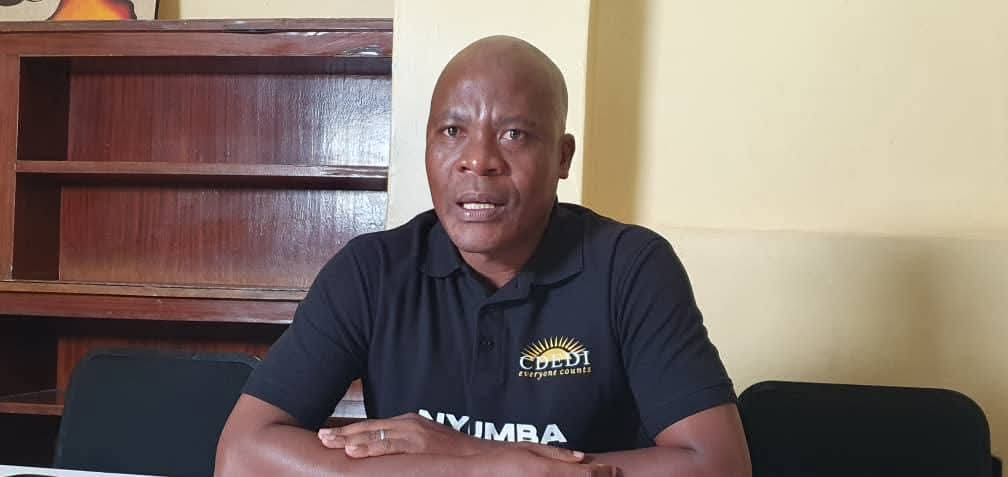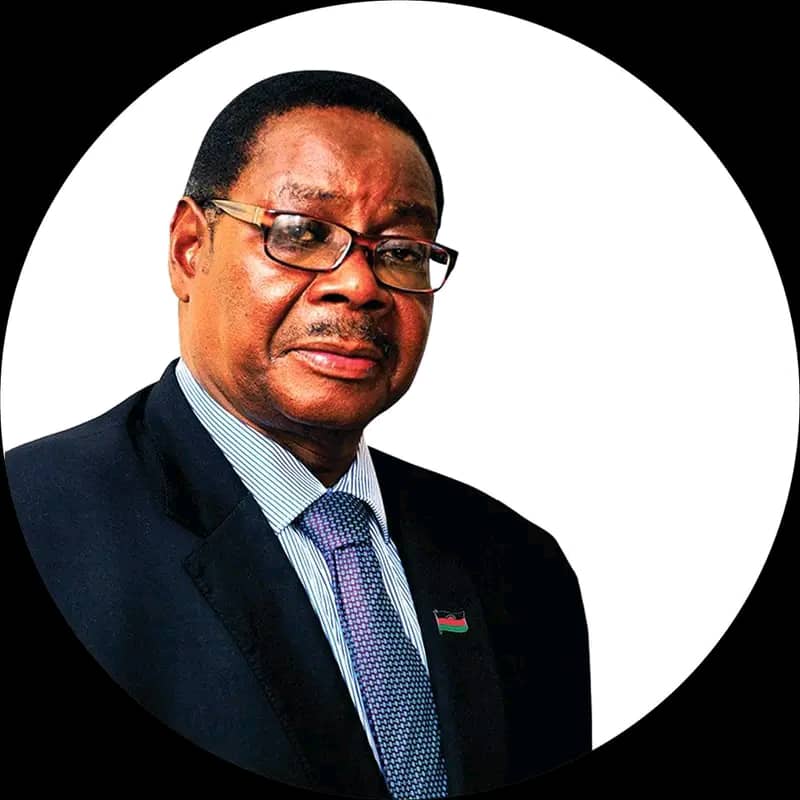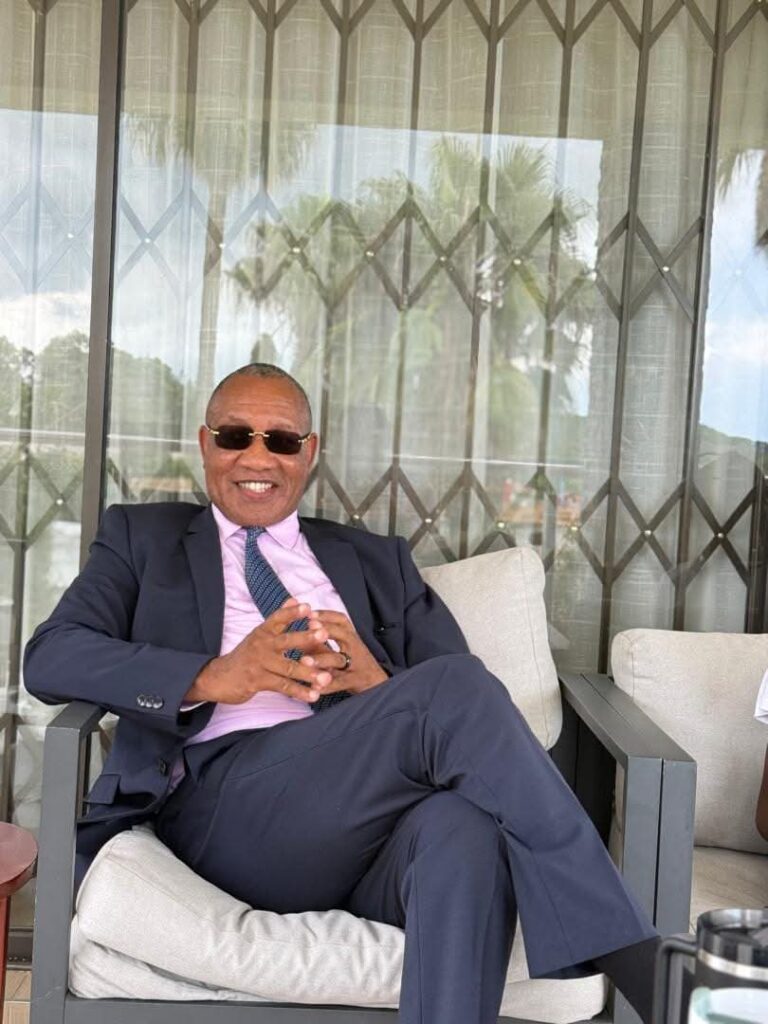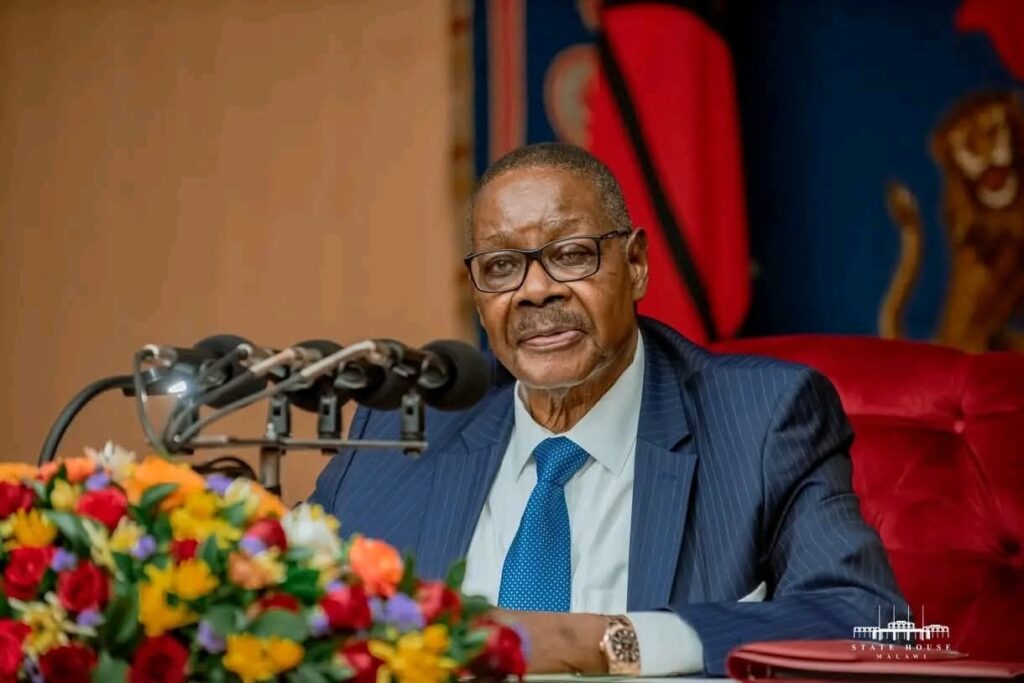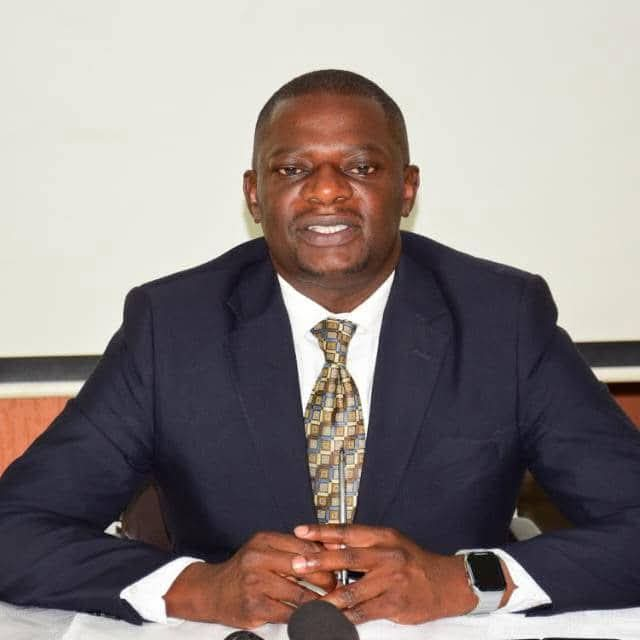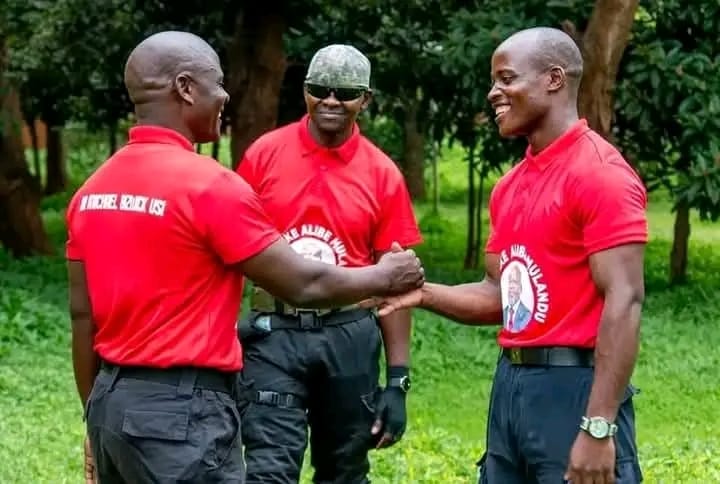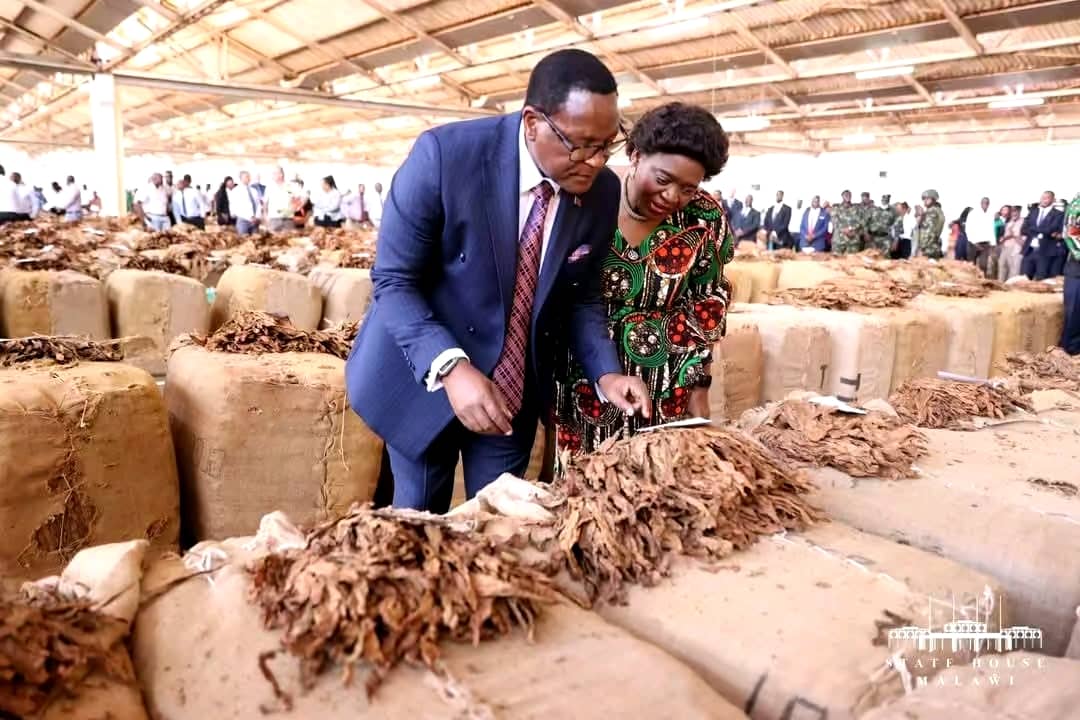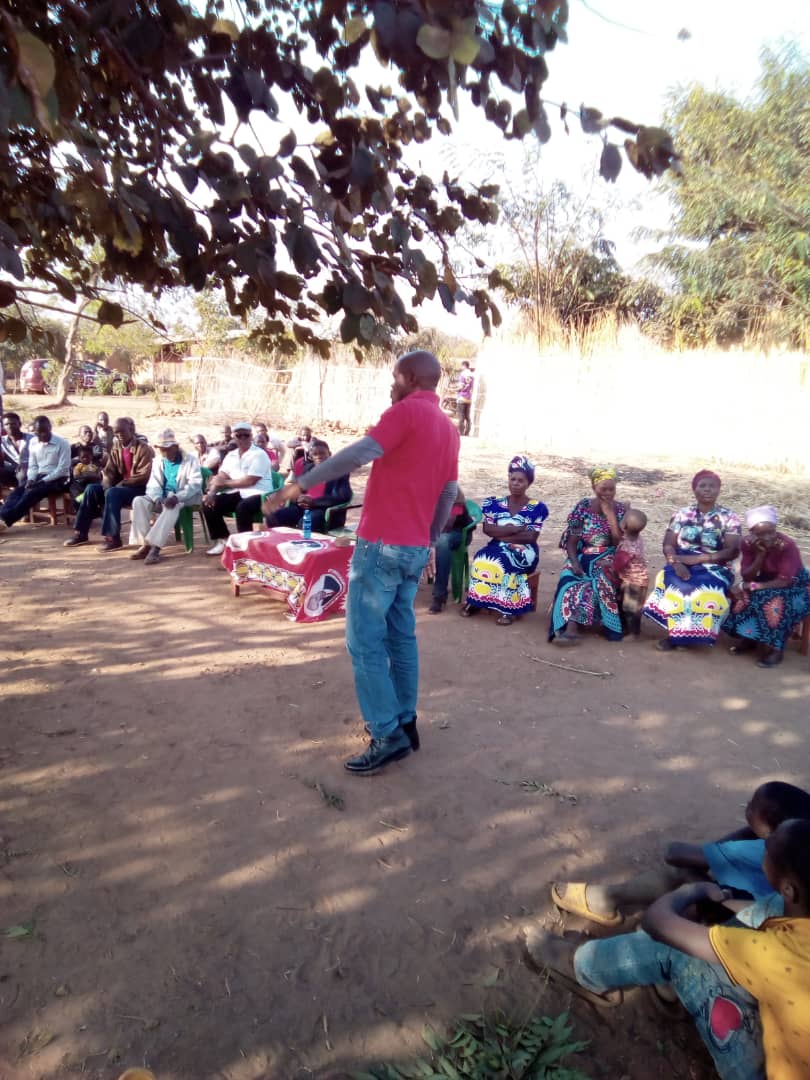By Burnett Munthali
Introduction
As we approach the 2025 General Elections, the Malawi Electoral Commission (MEC) has been ramping up its awareness campaigns, particularly focusing on electoral laws and regulations. With just 239 days left until polling day, it’s crucial to assess these efforts and their potential impact on the integrity of the electoral process.
1) What is your perspective on MEC’s efforts promote awareness of electoral laws and procedures as we approach the 2025 General Elections? Do you think these efforts are sufficient to ensure fair and credible elections?
RD: The Malawi Electoral Commission’s (MEC) efforts to promote awareness of electoral laws and procedures are a crucial step towards ensuring fair and credible elections in 2025.
By educating citizens about the electoral process, MEC aims to empower voters to make informed decisions and participate actively in the democratic process.
MEC’s strategic plan for 2023-2028 outlines its commitment to promoting the understanding of electoral laws among staff and stakeholders. This includes training programs, voter education initiatives, and community outreach activities.
Additionally, MEC has launched a theme for the 2025 general elections, “Promoting Democratic Leadership Through Your Vote,” which serves as a call to action for all eligible voters to participate in the upcoming elections.
While these efforts are commendable, it’s essential to acknowledge that more needs to be done to ensure the elections are free, fair, and credible.
MEC must continue to work closely with stakeholders, including civil society organizations, political parties, and the media, to promote transparency, accountability, and inclusivity throughout the electoral process.
Areas that require additional attention
MEC must ensure that all eligible citizens are registered to vote and that the voter registration process is transparent and accurate.
MEC must implement robust security measures to prevent violence, intimidation, and fraud during the electoral process.
MEC must encourage political parties to focus on issue-based campaigns rather than handouts or personal attacks.
2) MEC has emphasized that soliciting handouts is a serious offense with hefty penalties. In your view, how effective will these penalties be in curbing the practice of voter bribery in Malawi?
RD: The effectiveness of penalties in curbing voter bribery in Malawi depends on several factors. While the Malawi Electoral Commission’s (MEC) emphasis on hefty penalties for soliciting handouts is a step in the right direction, it’s crucial to consider the broader context.
Enforcement and transparency are key to ensuring these penalties have the desired impact. MEC must work closely with law enforcement agencies to investigate and prosecute cases of voter bribery. Transparency in the investigation and prosecution process is also essential to build trust among citizens.
Voter education is another critical aspect. MEC’s efforts to educate voters about the electoral process, the importance of issue-based voting, and the consequences of accepting handouts can help empower citizens to make informed decisions.
Addressing poverty and economic inequality is also vital. In a country where many citizens struggle to make ends meet, the temptation to accept handouts can be overwhelming. Addressing the root causes of poverty and economic inequality can help reduce the vulnerability of citizens to voter bribery.
3) The announcement highlights the importance of rejecting handouts and focusing on issue-based campaigns. How can voters be empowered to prioritize policies and long-term development over temporary benefits?
RD: Empowering voters to prioritize policies and long-term development over temporary benefits requires a multi-faceted approach.
MEC should educate citizens about the electoral process, political parties, and their policies is crucial. This can be achieved through voter education programs, workshops, and community outreach activities.
MEC should encourage political parties to focus on issue-based campaigns rather than handouts or personal attacks can help voters make informed decisions. This can be achieved through debates, forums, and media engagement.
MEC and other stakeholders must provide voters with access to accurate and unbiased information about political parties and their policies can help them make informed decisions. This can be achieved through voter advice websites, social media, and other online platforms.
Civic engagement and participation in the democratic process can help voters feel more invested in the outcome. This can be achieved through community outreach programs, voter registration drives, and get-out-the-vote campaigns.
MEC and other stakeholders must empower marginalized communities to participate in the democratic process can help ensure that their voices are heard. This can be achieved through targeted voter education programs, community outreach activities, and language access programs.
4) Given the highly competitive nature of Malawi’s political landscape, do you believe all political parties will adhere to MEC’s regulations, especially regarding the prohibition of handouts? Why or why not?
RD: Given the highly competitive nature of Malawi’s political landscape, it’s unlikely that all political parties will adhere to the Malawi Electoral Commission’s (MEC) regulations, especially regarding the prohibition of handouts.
The temptation to use handouts as a means of gaining votes may be too great for some parties to resist, particularly in a country where poverty and economic struggles are widespread.
I have observed two major political party members vis a vis Malawi Congress Party and Democratic Progressive Party literally distributing money to political rally attendees.
Furthermore, the MEC’s ability to enforce its regulations is crucial.
While the Commission has developed several codes of conduct for political parties, including the Electoral Code of Conduct, the effectiveness of these codes depends on the MEC’s capacity to monitor and enforce compliance .
Additionally, the history of Malawi’s elections suggests that some political parties may not always play by the rules.
In the past, there have been instances of vote-buying, intimidation, and other forms of electoral malpractice .
However, it’s worth noting that the MEC has been working to strengthen its electoral processes and promote a culture of transparency and accountability.
The commission’s efforts to educate voters and promote issue-based campaigns are steps in the right direction.
5) What additional steps do you think MEC and other stakeholders should take to ensure that every vote counts and that the 2025 elections reflect the true will of Malawians?
RD: To ensure every vote counts and the 2025 elections reflect the true will of Malawians, the Malawi Electoral Commission (MEC) and other stakeholders should consider the following additional steps:
MEC and other stakeholders should Implement comprehensive voter education programs to inform citizens about the electoral process, voting procedures, and the importance of participating in the elections.
It is important that MEC and other stakeholders must ensure that all aspects of the electoral process are transparent, and that those found guilty of electoral offenses are held accountable.
MEC and other stakeholders should encourage political parties to focus on issue-based campaigns rather than handouts or personal attacks.
It is essential that civic institutions, such as the Anti-Corruption Bureau are strengthened so as to promote good governance and prevent corruption.
Needless to overemphasize that independent media outlets must be encouraged to provide balanced coverage of the electoral process and promote fact-based reporting.
MEC and other stakeholders should promote a peaceful electoral environment by encouraging respect for differing opinions and preventing violence or intimidation.
Your last thought
As we draw closer to polling day, what is your final message to Malawians regarding their role in ensuring a fair and transparent election?
RD: As Malawians prepare to head to the polls, it’s essential to remember that every single vote matters. Your participation in the electoral process is crucial in ensuring a fair and transparent election.
It is also vital for the voters to stay updated on the electoral process, and make informed decisions about their candidates. They need to attend debates, read manifestos, and engage with the community to discuss the issues that matter most to them.
Let’s work together to promote peaceful elections. Reject violence, intimidation, and hate speech. Instead, focus on issue-based campaigns and respect the rights of others to hold different opinions.
As voters, we are advised to demand transparency and accountability from our leaders. We must ensure that they adhere to the electoral code of conduct and respect the rule of law.
Most importantly, let’s exercise our right to vote! Make sure we are registered, and cast our ballot on polling day. Every vote counts, and our participation will shape the future of Malawi.
Thank you, Rick Dzida, for taking the time to share your thoughts and insights on this vital issue. Your contribution is greatly appreciated as we work towards ensuring that Malawi’s 2025 General Elections are free, fair, and credible.
The Malawi Electoral Commission’s (MEC) efforts to promote awareness of electoral laws and procedures ahead of the 2025 General Elections are a step in the right direction. By educating citizens about the electoral process, MEC aims to ensure that voters make informed decisions and that the elections are free, fair, and credible ¹. However, whether these efforts are sufficient remains to be seen. More needs to be done to reach rural areas and ensure that all citizens have access to this information.
Regarding voter bribery, MEC’s emphasis on hefty penalties for soliciting handouts is a positive move. These penalties can serve as a deterrent, but their effectiveness depends on consistent enforcement and public awareness ². It’s essential for MEC to work with law enforcement agencies to ensure that these penalties are implemented and that perpetrators are held accountable.
To empower voters to prioritize policies and long-term development, MEC and other stakeholders should focus on promoting issue-based campaigns. This can be achieved through:
- Voter Education: Providing citizens with information about the electoral process, political parties, and their policies.
- Debates and Forums: Organizing debates and forums where candidates can discuss their policies and vision for the country.
- Media Engagement: Encouraging media outlets to provide balanced coverage of political parties and their policies.
Given the competitive nature of Malawi’s political landscape, it’s unlikely that all political parties will adhere to MEC’s regulations, especially regarding the prohibition of handouts. Some parties may try to find loopholes or exploit weaknesses in the system. Therefore, MEC must be vigilant and work closely with law enforcement agencies to prevent and punish any violations.
To ensure that every vote counts and that the 2025 elections reflect the true will of Malawians, MEC and other stakeholders should:
- Improve Voter Registration: Ensure that all eligible citizens are registered to vote and that the voter registration process is transparent and accurate.
- Enhance Election Security: Implement robust security measures to prevent fraud, intimidation, and violence during the electoral process.
- Promote Transparency and Accountability: Ensure that all aspects of the electoral process are transparent, and that those found guilty of electoral offenses are held accountable.
In conclusion, while MEC’s efforts to promote awareness and prevent voter bribery are commendable, more needs to be done to ensure that the 2025 General Elections are free, fair, and credible. By working together, MEC, stakeholders, and citizens can help build a stronger, more democratic Malawi.
- Jatta Rallies Africa to Unite as He Makes Historic Address to Malawi Parliament
- Kamangila Explodes Over New Tax Plans, Says MRA Failures Are Bleeding Malawi Dry
- Pension Fund Hotel Deal Sparks Transparency Storm as Price Balloons by K100 Billion
- Muslims urged to embrace Ramadan with generosity and prayer
- FDRD Slams Trial by Public Opinion, Demands Respect for Rule of Law
- Kamphangala dismisses claims that UTM supporters are politicizing Chilima’s death
- Reclaiming NEEF for the People: A Call to Dismantle Barriers and Deliver Real Economic Justice
- Pressure Mounts on Attorney General Frank Mbeta as CDEDI Demands Resignation
- Nathenje Communities Laud APM’s Governance
- SKC memorial golf tourney March 28
- Ayuba James: A Steadfast Voice of Integrity Within the MCP
- Mighty Wanderers FC Set for CAF Champions League Return After Mpinganjira Green Light
- Mutharika Cracks Down on Health Sector Corruption with Sweeping Executive Order After Media Expose
- BMTV tells DPP to start recognizing its foot soldiers
- HRCC Demands Police Update on Sameer Sacranie Abduction as Public Anxiety Mounts

